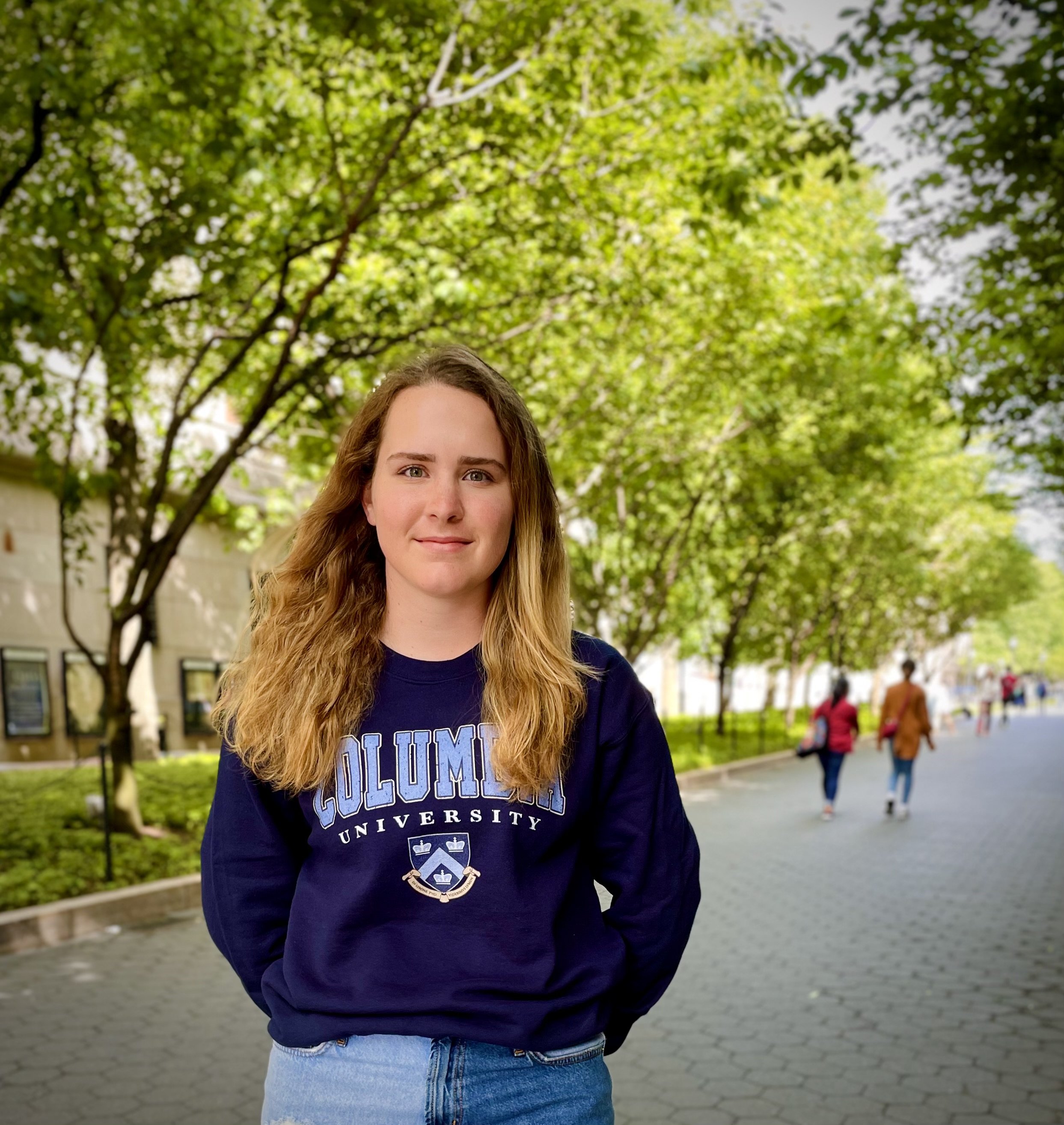Team
Prof. John Wilcox, FOunder, DIRECTOR & Chief Scientist
Dr. John Wilcox is the founder and chief scientist of Alethic Innovations and adjunct professor of psychology at Columbia University. He completed an interdisciplinary PhD in psychology, philosophy and political studies at Stanford University, where he was a visiting scholar and was also awarded the highly selective Stanford Interdisciplinary Graduate Fellowship. He holds Masters and Bachelor degrees from the University of Auckland, majoring in philosophy, political science and statistics. His academic publications span psychology, philosophy and applied areas like law and medicine, including his book "Human Judgment" which outlines evidence-based recommendations to improve judgment and decision-making. While at Stanford, he experimentally revealed a new cognitive bias and developed a new method to remedy it.
Alan Wilcox, Public & Private sector advisor
Alan Wilcox’s diverse experience informs Alethic Innovations' offerings. Alan has worked in a broad range of areas from personal initiatives in property development, town planning, export and import, the development of private schools to executive management positions in local and regional government. He was also the first Chief Executive of the New Zealand Land Transport Safety Authority. Alan has a good understanding of the political and social contexts of his work as well as the commercial imperatives of the work environment. His consultancy, AWA, assists his clients to add value to the lives of their customers and make positive contributions to society. The wealth of capability from his work has been cumulatively developed through practical experience with a diversity of organizations and a broad client base in the government, not-profit and private sectors. He also has a service record with a number of iwi organisations.
Mia richmond, researcher
Mia studied psychology and philosophy at Columbia University. Her interests concern how to measure and improve the accuracy of human judgment in the digital age, specifically in law and governmental decision-making. She is interested in how to measure and improve the accuracy of human judgment in the digital age, specifically in law and governmental decision-making. Her areas of focus include technology-driven tactics that erode public judgment, political microtargeting, disinformation, social media algorithms/echo chambers, and how manipulative tactics hinder the ability to make political decisions and erode democratic legitimacy. She also explores how bad thinking practices impact our ability to be rational agents and citizens–which she believes relates to improving judgment by identifying flaws in how we form beliefs. This summer, she will be contributing to a project at the Oxford Uehiro Center for Practical Ethics and Utrecht University surveying how different jurisdictions are regulating online manipulation, dark patterns, and persuasive digital technologies. As part of this project, she will develop an online literacy guidebook specifically tailored to young people, aiming to improve their ability to recognize such manipulative tactics. She also has a background in psycho-legal research related to restorative justice practices.
José Caballero, researcher
José Caballero is an award-winning mental health advocate who specializes in cognitive science and Latino studies at Columbia University. He is pictured to the left in the White House, where he was personally invited to advise on improving and integrating the current U.S. suicide hotline (988) into diverse communities. His research interests gain influence from Fricker’s epistemic justice theory, which manifests itself when individuals are doubted for their knowledge-sharing capacity. José is particularly interested in examining how individuals with lived mental health experiences compare to policymakers and decision-makers in the accuracy of their judgments when creating effective mental health policies. He serves on the advisory board of inseparable, an organization dedicated to passing mental health policies, where he advises and informs federal and state policymakers on critical behavioral health issues affecting BIPOC communities. Led by his experience and interests in governmental decision-making, José conducted independent research at Vanderbilt University’s Accountability, Behavior, & Conflict in Democratic Politics department this summer. An engaged individual and speaker, José also enjoys Shakira’s, Taylor Swift’s, and Beyoncé’s music when not using his judgment and decision-making powers for good.
Chabelly Acosta, researcher
Chabelly Acosta graduated cum laude from Columbia University with honors in Cognitive Science. Her research examines the accuracy of human judgment in high-stakes institutional settings, with a focus on legal decision-making. Her honors thesis proposed a framework for measuring, training, and validating improved judgment among legal actors—such as jurors and judges—using tools like calibration, probabilistic reasoning, and bias-targeted interventions, and she is currently preparing this work for publication. Professionally, she has contributed to strategy and operations projects at Oliver Wyman, led Gen-Z behavioral analysis at Mastercard, and reimagined inclusive programming as President of Columbia’s Multicultural Business Association. Chabelly is particularly interested in how decision-making is shaped by socioeconomic constraints—including the cognitive effects of scarcity, racial bias, and institutional distrust—as well as the psychology of consumer behavior in the digital age. She is committed to interdisciplinary research that bridges cognitive science, law, and business to address systemic bias and inform both legal and societal transformation.
Martha Wyatt-lUth, researcher
Martha is pursuing a master’s degree at Columbia University in the Quantitative Methods in Social Sciences program. Martha specializes in psychology and economics, aiming to understand the complex process of human decision-making and its subsequent impact on broader macro and micro-economic levels. As a research assistant at the Higgins Lab, Martha’s work focuses on motivational underpinnings in decision-making. As a research assistant for Prof. Eric Schoenberg, Martha examines human decision-making and behavior in artificial stock markets. Through working with Alethic Innovations, Martha intends to further the field of judgment accuracy by researching further potential domains of application for training in judgment accuracy. Beyond current academic ambitions, Martha continues to prioritize community outreach and well-being on campus at Columbia. Martha serves as the current Co-President of the Columbia Chapter of Active Minds, a nationwide nonprofit promoting mental health awareness and resources. When she is not running around on campus, you can find her running loops of Central Park or stopping to pet any dog she finds.







